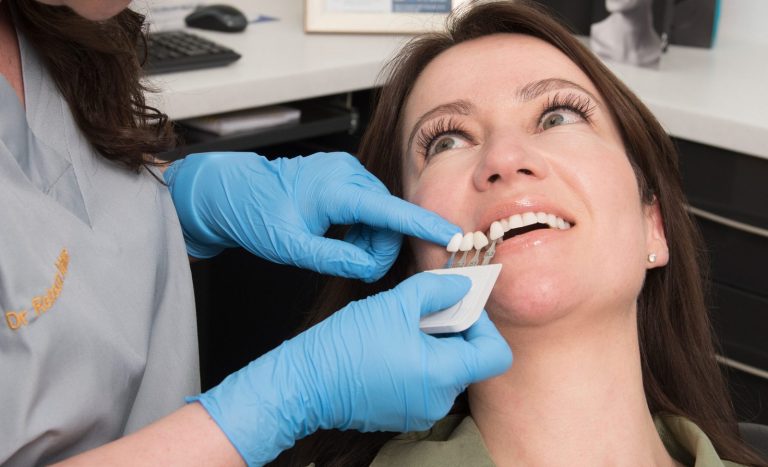
Xanax, a benzodiazepine medicine principally endorsed for uneasiness problems, is at times utilized in the momentary treatment of sleep deprivation related with nervousness. Anxiety and elevated levels of stress can frequently exacerbate insomnia, which is characterized by difficulty falling asleep, staying asleep, or experiencing sleep that is not restorative. While Xanax has narcotic properties that can support actuating rest, its utilization for a sleeping disorder requires cautious thought because of expected dangers and concerns. what is xanax used for? Xanax is commonly prescribed to treat anxiety and panic disorders effectively.
Xanax works by improving the impacts of the synapse gamma-aminobutyric corrosive (GABA) in the mind. GABA has inhibitory effects, reducing overall brain activity and calming excessive neuronal firing. This quieting impact can be advantageous for people battling with tension related sleep deprivation, as it advances unwinding and works with the beginning of rest.
Nonetheless, the utilization of Xanax for sleep deprivation is by and large confined to transient treatment. Benzodiazepines like Xanax have a high potential for reliance and fixation when utilized for broadened periods. Long-term use may result in tolerance, which means that higher doses are required to achieve the same level of sedative effect, raising the risk of side effects.

Additionally, there are concerns regarding rebound insomnia following discontinuation of Xanax use for insomnia. Suddenly halting the medicine can prompt withdrawal side effects, including bounce back a sleeping disorder, uneasiness, and other withdrawal impacts. To relieve these dangers, medical services suppliers frequently endorse Xanax for sleep deprivation in a painstakingly observed and restricted way, with an emphasis on addressing the hidden uneasiness adding to rest unsettling influences.
It is essential for people recommended Xanax for sleep deprivation to follow their medical care supplier’s direction rigorously. They ought to utilize the drug at the recommended measurement and span, without self-changing or drawing out its utilization. Normal correspondence with the medical care supplier is fundamental for screen the viability of the therapy, survey any likely incidental effects, and examine an arrangement for steady cessation when proper.
In conclusion, although Xanax can be used to temporarily alleviate anxiety-related insomnia, due to the risk of dependence, tolerance, and withdrawal, its use should be approached with caution. In order to address the underlying causes of insomnia and minimize the potential side effects of taking benzodiazepines, medical professionals carefully weigh the advantages and disadvantages, look into alternative treatments, and take a comprehensive approach. The xanax uses for anxiety relief and panic disorder management are well-established in medical practice.





